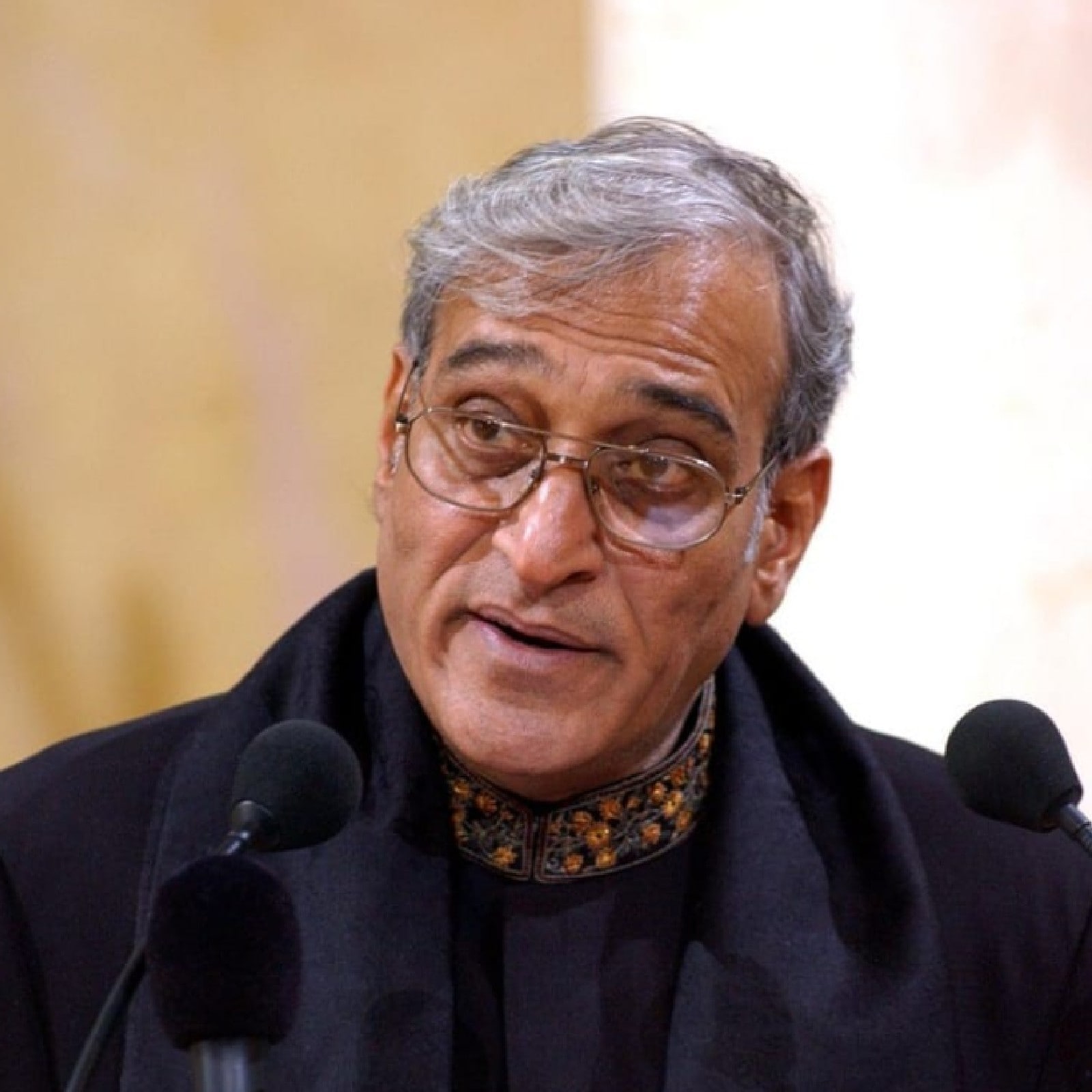
It's been close to a decade since I first met Dr. Mohan Agashe in the green room of Thane's Gadkari auditorium. Having hosted him at my place on a few occasions, I also had the pleasure and privilege of countless heart-to-heart conversations on his rich and varied clinical, stage and screen experiences as also on the larger issues of life and death...including the elusive spaces between and beyond them... needless to say, to the accompaniment of our favourite beverages.
The good doctor's insightful observations are invariably for keeps. Some of them have stayed with me longer than the others, in no particular order:
Sometimes in life, you are not allowed the luxury to choose. The choices choose you (On why he opted for a career in medicine)
Ideally, one must have two professions - one for livelihood and the other for joyhood. This is because life rarely allows one the luxury of enjoying what one does and live off it too.
We must train doctors to differentiate between distress and disorder: one need not wait for distress to become a disorder before one begins treating it (Context: primary prevention in psychiatry)
I find playing a character born out of the writer's imagination akin to solving an exam paper. You don't know the exact answer, you write what you know in relation to the question.
Freud's inspiration for solutions sprang from the plays of Sophocles. In my case, literature, theatre and films helped me understand my patients better - textbooks never did.
I comprehended the Othello syndrome in the psychiatry ward, not on the theatre deck. (Othello syndrome is a type of paranoid jealousy stemming from the delusion of infidelity of a spouse or partner)
If you can't manage to transfer your cerebral learning to your sensory systems, it is rendered close to useless. (here the given context is acting, but the dictum applies to most things in life)
The greatest gift of theatre for me is the freedom to establish a totally different relationship with space and time, which is otherwise possible only in one's dreams.
It took me some time to learn that though I knew psychology and psychiatry, the ones who actually practiced them were Jabbar (Patel) and our manager Shirdhar Rajguru. (Context: staging Ghashiram Kotwal performances)
The person who taught us how to handle sound and image in films is Satyajit Ray.
The fun of human life is the concurrent processing inherent in it.
A reading of Stanislavski will certainly improve an actor's psychology, though not necessarily his performance.
I am extremely cautious when I meet an intellectual devoid of human warmth, because he can potentially abuse his intelligence and sway me in the wrong direction.
Dr. Agashe, thanks for the wonderful treat you have thrown each time we have bumped into each other. The Pune reunion we relished the other day proved even more memorable. For us, you are one of the living legends of a Pune that we crave for, especially given the city's rapid fall from grace in recent times.What was once India's leading cultural hub, and the den of mavericks by the dozen - social reformers, freedom fighters, thinkers, scientists, literary figures - is now an extended township of mindless migrants (who find every kind of encroachment therapeutic) and the vain purists among natives (who pledge fabricated allegiance to yesteryear heroes on the cusp of Bhandarkar Road and Prabhat Road)
Having played unforgettable characters on stage and screen alike - whether the central Nana Phadnavis, peripheral Maruti Kamble, or the surreal Brahmin from Ray's Sadgati - and being a harbinger of the Grips theatre movement in India, you deserve a lot more from an industry which has very little to do with industriousness. Wish we could watch you play the professor in Alekar's Miki and Memsahib and wish your dream of staging Strindberg's 'Father' had materialized the way you had envisioned it. Clearly, you were bursting at the seams of your core group which fell short of satiating your appetite. All the same, thank god that you found your way out of it... and the Midas touch of the one and only Ray more than condoned the grave loss that you had to sustain in theatre.
We profusely admire your courage and conviction in turning an accidental producer, without the deep pockets such a plunge calls for, solely for the sake of good cinema. Having said that, you deserve better support from the people you invest in; some of them are now a shadow of their former selves. The biggest problem with mediocrity is its contagion effect - one doesn't realize when monotony creeps into one's performances and worse, when one unknowingly cultivates a propensity for coping with mutual admiration societies churning out subpar products, one after another. Any day, we prefer to catch a fleeting glimpse of you sharing screen space with Gregory Peck and Roger Moore in Sea Wolves (or even suffer the wrath of custom officer Sudarshan Kumar from the bearable no-brainer Kale Dhande Gorey Log)
Waiting for the day when you get the God sent opportunity to play a character of a league now virtually extinct - whether Professor Isak Borg from Bergman's Wild Strawberries, Kanji Watanabe from Kurosawa's Ikiru, Nilakanta Bagchi from Ghatak's Jukti Takko Aar Gappo, or even Mukunda Lahiri from Ray's Nayak. In the hope lies the scope!